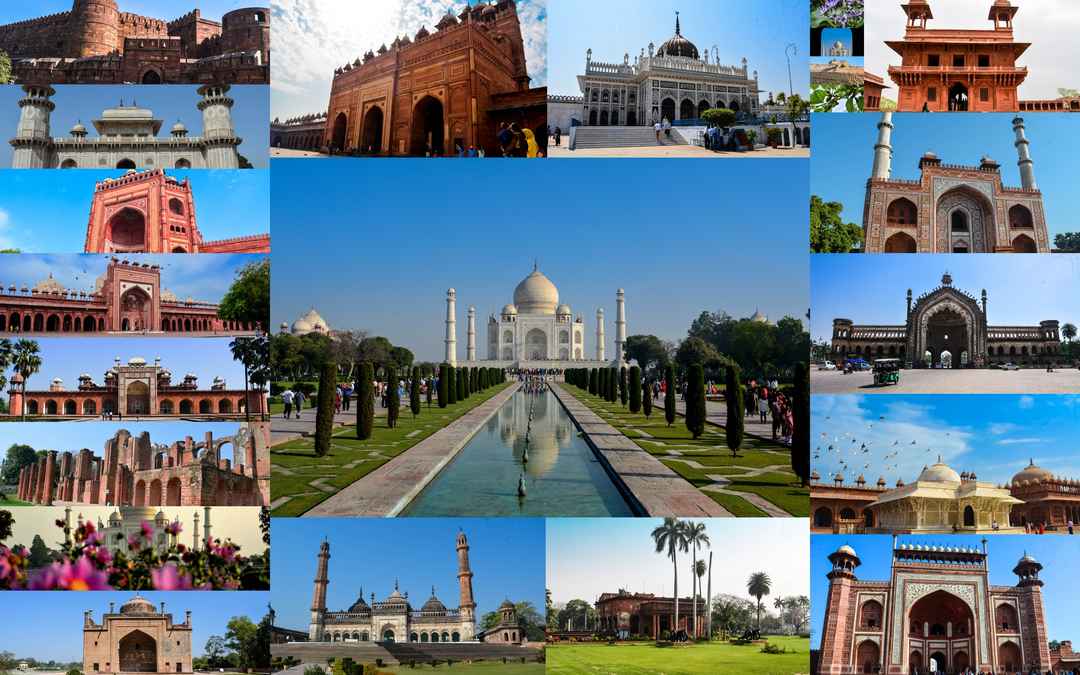Font size:
Print
Advancing the UK and India Narrative
Context: The Labour Party has won the UK elections. Indian PM Narendra Modi swiftly moved to establish cordial relations with the new UK Government, inviting PM Keir Starmer to visit India. All eyes are now on the future of India-UK relations.
Strengthening the UK-India Partnership:
- Labour Party’s Pledge: The Labour Party aims to establish a “new strategic partnership” with India. Key areas of focus include:
- Swift conclusion of the UK-India Free Trade Agreement (FTA)
- Enhanced cooperation on security, technology, climate change, and education
- Engagement: David Lammy, the UK’s Secretary of State for Foreign, Commonwealth, and Development Affairs, visited India shortly after taking office.
Economic Cooperation:
- 2030 Roadmap Achievements:
- Bilateral trade reached £39 billion in 2023.
- Significant investments and employment of around 800,000 people between both countries.
- Call for New Roadmap: A proposal for a roadmap to 2047 aims to maximise partnership benefits.
India’s Global Significance:
- Global Achievements:
- Successful G-20 Presidency in 2023
- Notable moon landing
- Leading digital public infrastructure
- Projected to be the world’s third-largest economy soon
- Strategic Partner: India is crucial in R&D, technology, talent, and supply chains.
Opportunities for Deeper Collaboration:
- Economic Partnership: A swift FTA is essential for deeper collaboration, especially in technology and R&D.
- Healthcare: Potential for enhanced UK clinical trials in India, shared research, and knowledge transfer.
- Climate and Sustainability: UK investment in sustainability technology and climate financing for India.
- Education: Collaboration between UK universities and Indian industry, and innovative Transnational Education routes.
Key Areas of Alignment:
- Science and Innovation: 2023’s G2G agreement indicates future collaboration.
- Defence and Security:
- Focus on indigenisation and reliable technology supply chains.
- January 2024 visit by India’s Defence Minister Rajnath Singh to the UK.
- Mobility: Issuance of 350,000 visas to Indian nationals in the past year, fostering trust and confidence.
Unlocking Full Potential:
- Business Environment Reforms:
- Facilitative tariff and standards regime.
- Equitable taxation policies and regulatory treatment.
- Shorter approval timelines and transparent processes across departments and states.
- IP Protection: British investors seek policies ensuring protection and compensation for new IP created in India.
- Commitment: British companies are committed to manufacturing in India and integrating India into their supply chains.
Vision for the Future:
- Economic Partnership: Aims to deepen the bilateral economic partnership for global benefits.
- Modi’s Vision: Emphasises the mutual prosperity that deepened UK-India friendship brings.
Historical Context of India-UK Relations:
- Colonial Era (1858-1947): India was under British rule, with the British monarch declared the Empress/Emperor of India.
- Post-Independence: India remained in the Commonwealth of Nations upon becoming a republic in 1950.
- Cold War Era: Relations were strained due to India’s non-aligned policy and the UK’s NATO alignment.
- Post-Cold War: Economic reforms in the 1990s improved relations, focusing on economic ties.
- Strategic Partnership: Established in 2004, enhancing cooperation in trade, investment, and defence.
Key Areas of Cooperation:
- Geo-Political: The UK supports India’s bid for permanent UNSC membership and is a key interlocutor in global forums.
- Economic: Bilateral trade reached USD 20.36 billion in 2022-23. India is the UK’s twelfth largest trading partner.
- Defence and Security: The Defence and International Security Partnership (DISP) signed in 2015 enhances defence relations.
- Nuclear Cooperation: Agreements in 2010 and 2015 facilitate cooperation in the nuclear field.
- Education: UK universities collaborate with Indian partners, with around 50,000 Indian students in the UK.
- Healthcare: Partnerships like the COVID-19 vaccine development showcase successful collaboration.
- Climate and Environment: The Green Growth Equity Fund mobilises investments in renewable energy.
- Cultural Cooperation: The Nehru Centre in London promotes cultural exchange.
- Diaspora Collaboration: The significant Indian diaspora in the UK enhances bilateral ties.
Significance and Challenges:
- Geo-Strategic and Economic: Engagement helps counter China’s influence and boost trade.
- Climate Change: Joint efforts aim to achieve the Paris Agreement goals.
- Challenges: Delays in the FTA, divergent stands on Russia-Ukraine, UK’s relations with Pakistan and China, the Khalistan issue, defence ties, extradition issues, and illegal migrants.
Future Prospects:
- FTA Finalisation: Early conclusion will revive investments and create jobs.
- Multilateralism: Collaboration in multilateral bodies for global causes.
- Migration and Mobility: Agreements to facilitate legal movement of Indians to the UK.
- Streamlining Extradition: Ensuring commitments in extradition treaties are met.
- Defence and Security Engagement: Increasing collaboration in the Indian Ocean region.
- Balancing Relations: Ensuring the UK’s relations with China and Pakistan do not hinder the partnership with India.



